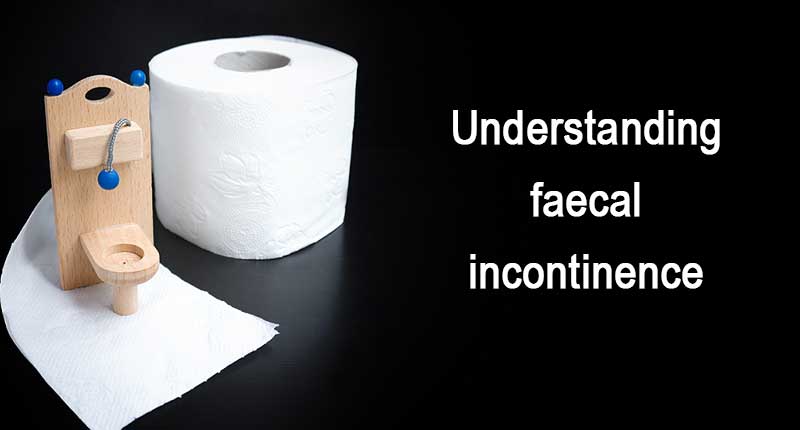 CHENNAI: Confined to an old age home is no handicap for exercising one’s democratic right in the election. Not any more. Senior citizens at the YWCA who were hitherto unable to vote were delighted on Tuesday, thanks to the District Election Officer (DEO), who distributed voters ID for around 35 inmates.
CHENNAI: Confined to an old age home is no handicap for exercising one’s democratic right in the election. Not any more. Senior citizens at the YWCA who were hitherto unable to vote were delighted on Tuesday, thanks to the District Election Officer (DEO), who distributed voters ID for around 35 inmates.
DEO and Chennai Corporation Commissioner B Chandramohan, while distributing voters ID, assured to take steps to make the polling booth senior citizen-friendly, besides ensuring a smooth voting process.
On receiving the ID card, Visa Ravidhran (67) said, “Earlier I knew the candidates in our constituency and their parties. But these days, even the party cadre are ignorant of their supporters. Politicians should be more connected to the people to secure their trust.”
Most of the senior citizens said people should not be swayed by freebies, but rather judge a party’s history before extending support. Rachel Jacobi, General Secretary of YWMA, Madras, said, “So far, I have never missed voting. More than a right, I consider it as my duty. If one is unhappy with the parties, the NOTA option is there,” she added.
DEO Assures Smooth Voting
District Election Officer and Chennai Corporation Commissioner B Chandramohan, while distributing voters ID, assured to take steps to make the polling booth senior citizen-friendly, besides ensuring a smooth voting process.
To read the original article, go here.
 Any form of incontinence, though may not be fatal, can surely rob the life of the affected.
Any form of incontinence, though may not be fatal, can surely rob the life of the affected.